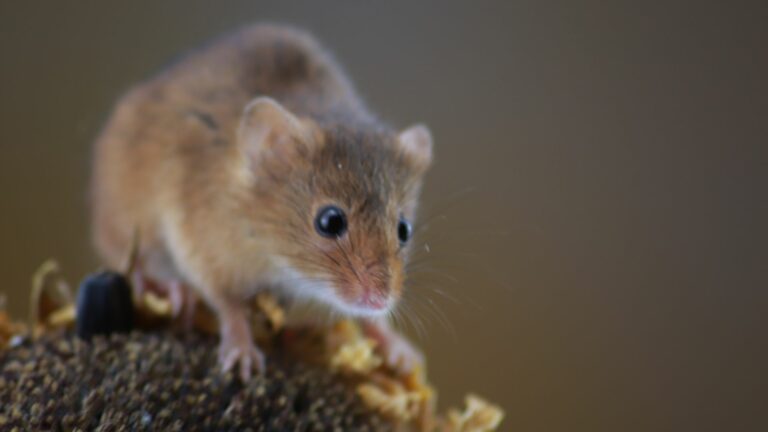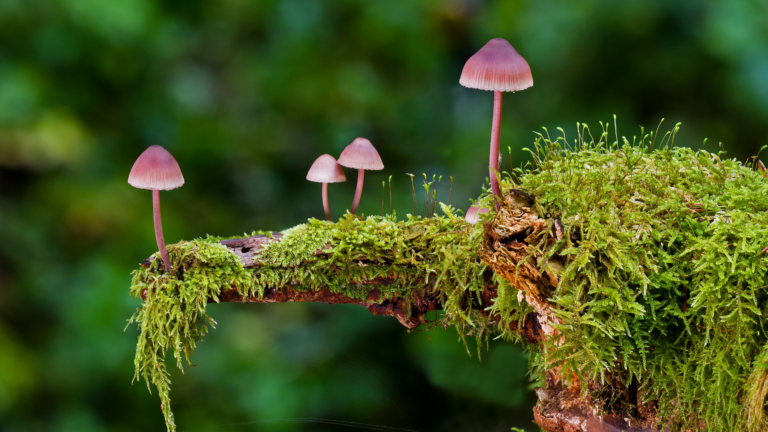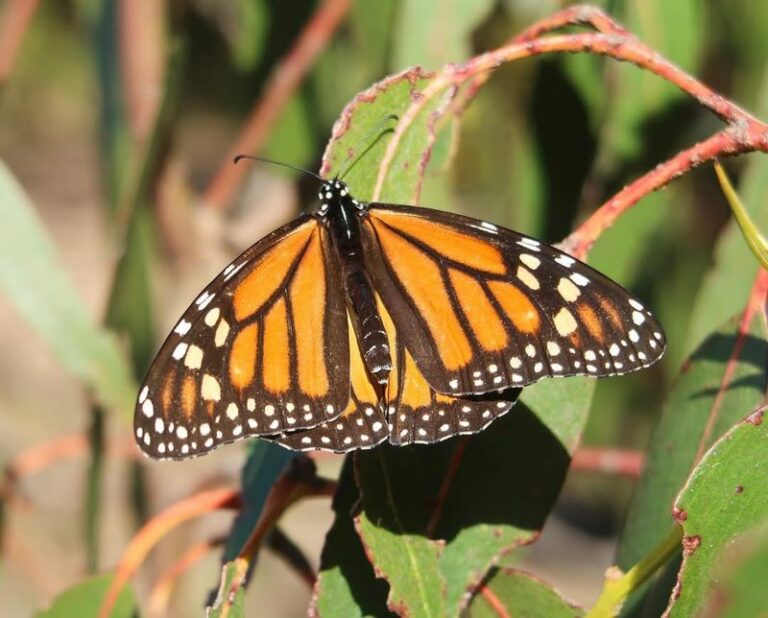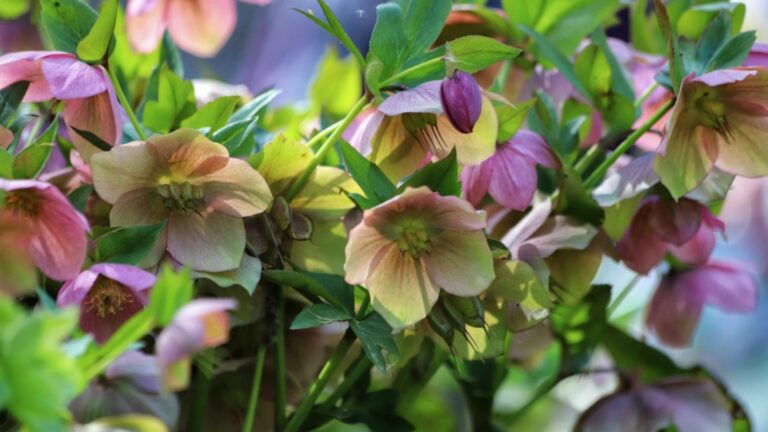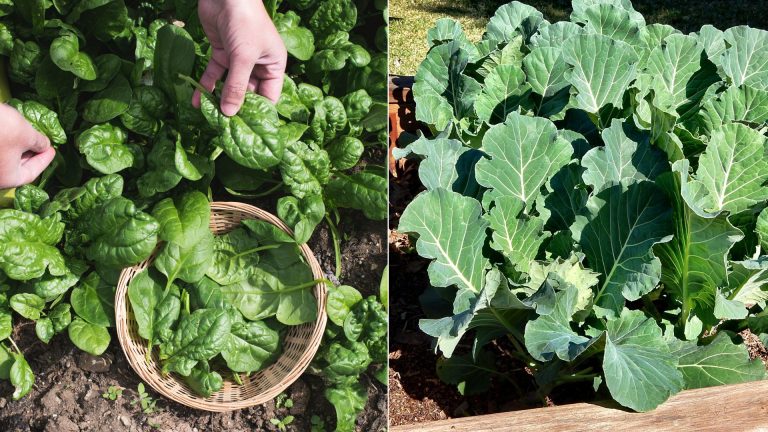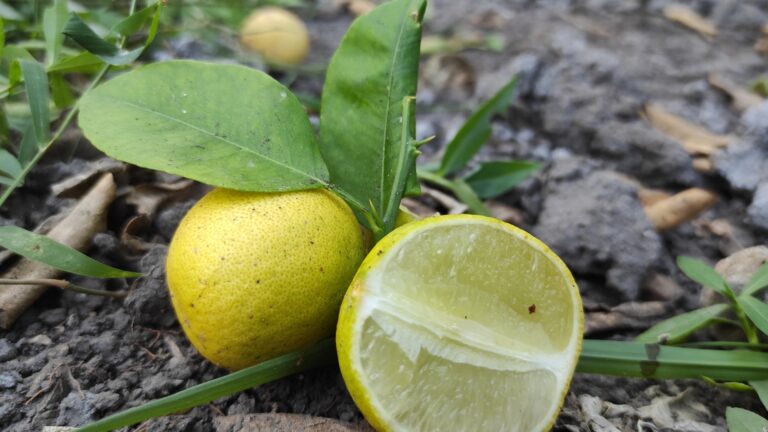These Free Sustainable Gardening Tricks Will Help Your Greenery Thrive
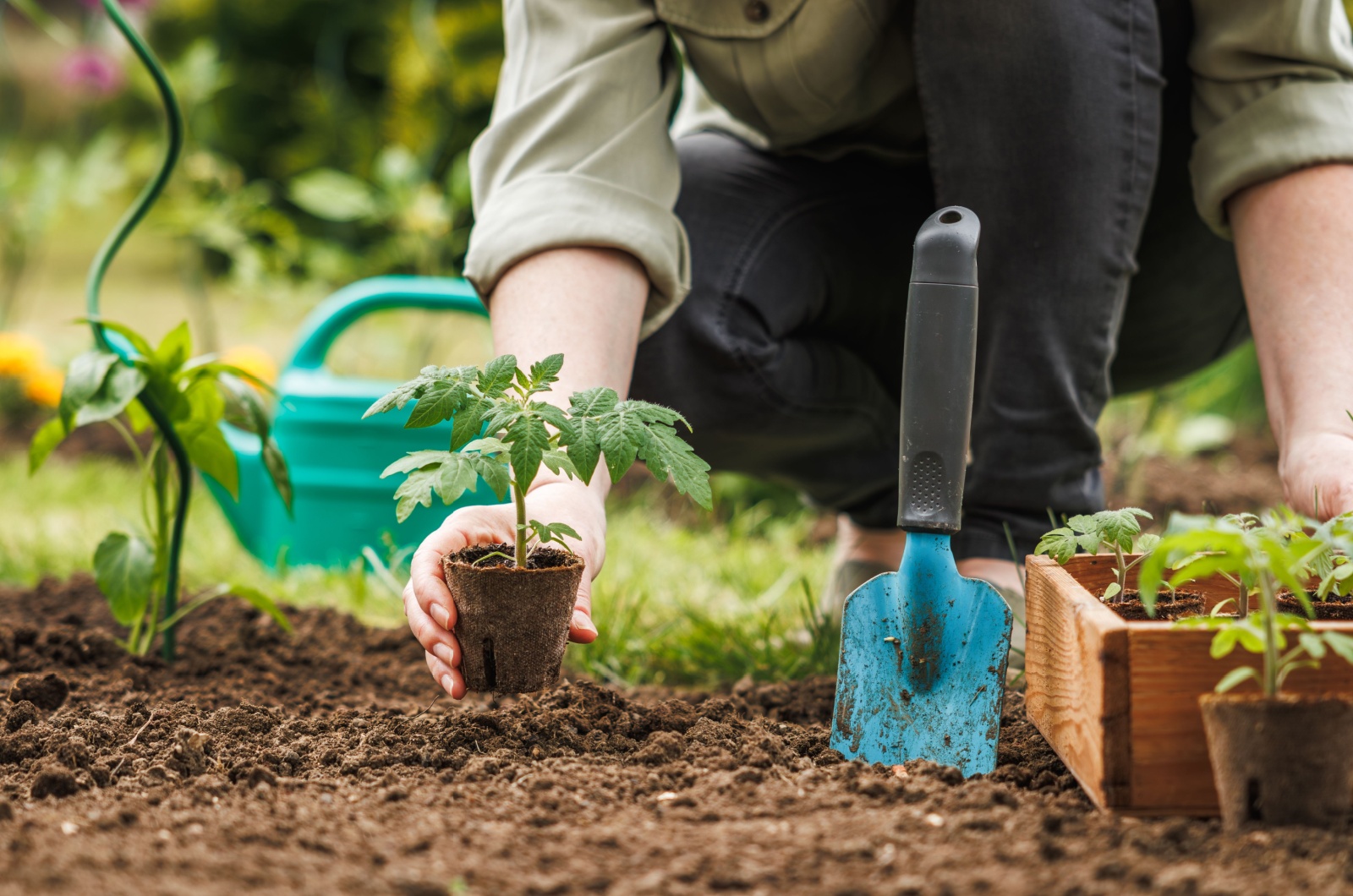
Are you ready to try some new things in gardening? These sustainable methods can benefit you in many ways and help keep your costs down this season! But that’s not all. Sustainable gardening means making wise decisions and using eco-friendly methods for your greenery.
I used to spend money on expensive products for my plants, but honestly, they didn’t help at all! Strong chemicals can be harmful to the environment and important pollinators.
That’s why I found new and better ways to keep my plants thriving! The results were visible even within a few weeks. If you want your garden to stand out throughout the season, try these tricks. They are easier than you think and free!
You’ll Find Ingredients For Homemade Compost In Your Garden
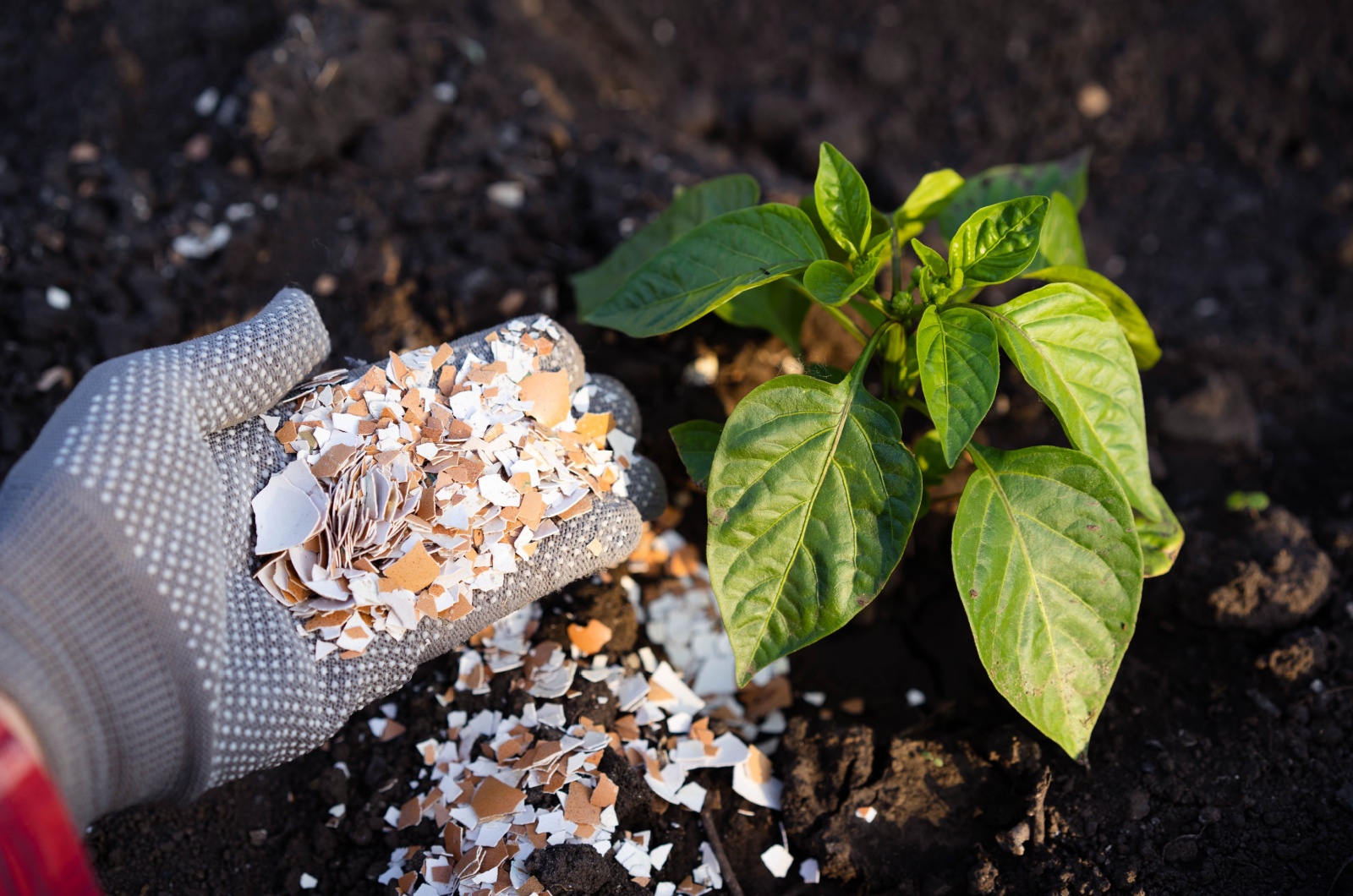
Compost is one of the most important aspects of gardening. It improves the soil’s ability to hold all the nutrients that our plants and crops need for healthy growth! If you didn’t know, compost can be found for free in your garden. Isn’t that a great way to save money?
Now that your veggies and fruits are fully ripe, you should never throw away the leftovers! For example, banana peels, potato skins, and apple cores are excellent for homemade compost.
You can also use tea bags, eggshells, or coffee grounds. Simply sprinkle them around the base of your plants, and you’ll be amazed by the results!
Create Your Own Super Cute Plant Labels
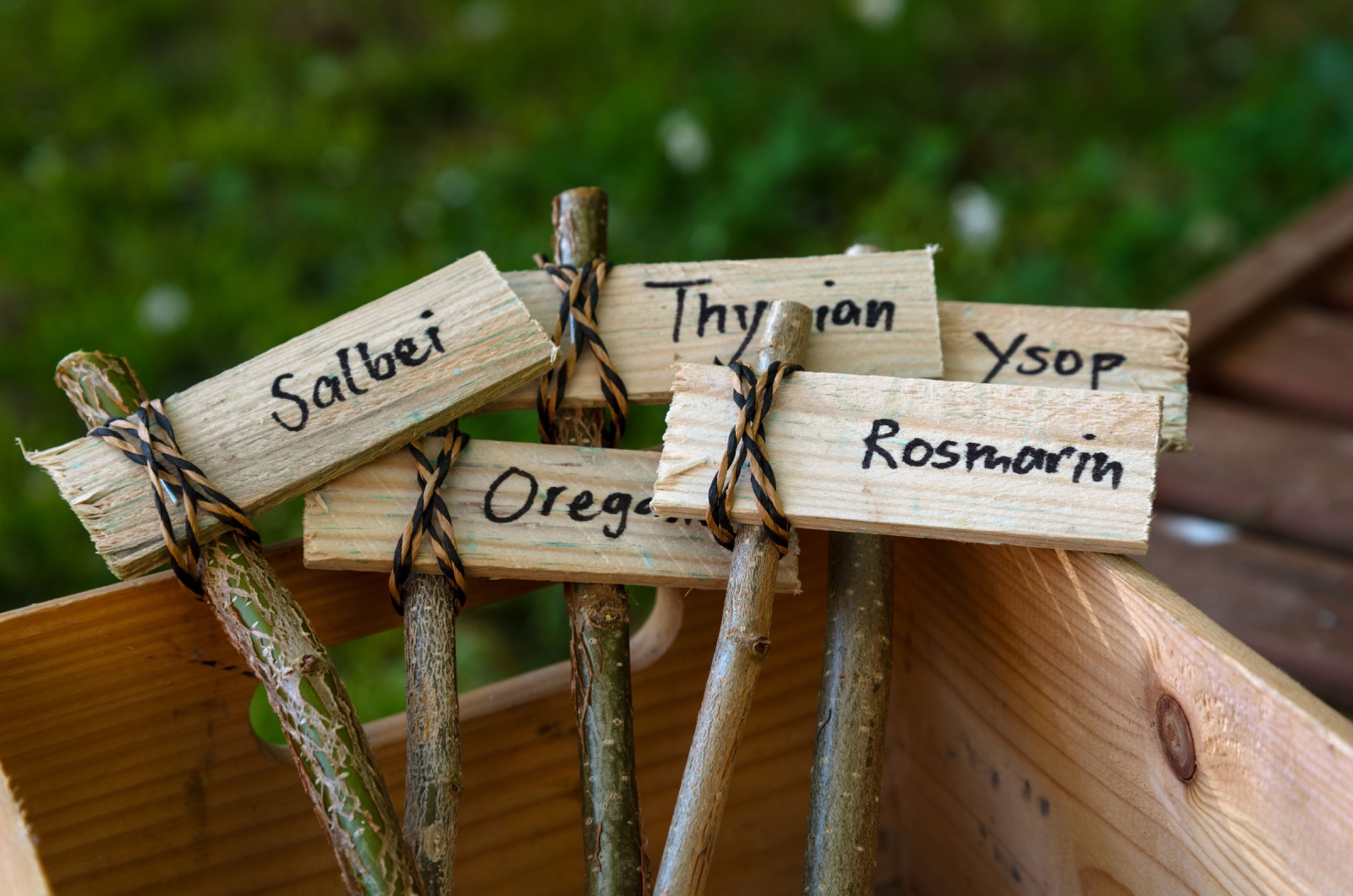
Imagine growing chili peppers next to regular ones without plant labels! It could be a good April Fools’ prank, but let’s stick with actually knowing which plants we’re growing.
Since labels can become quite expensive and often come with plastics that aren’t good for the environment, here’s a great idea! You can make labels from bamboo canes or old wooden kitchen sticks.
Later, you can draw what you’re planting and color it! Isn’t that the cutest thing ever? I tried it last week in my garden, and I was amazed at how adorable it looked!
Use Water Wisely For Your Plants
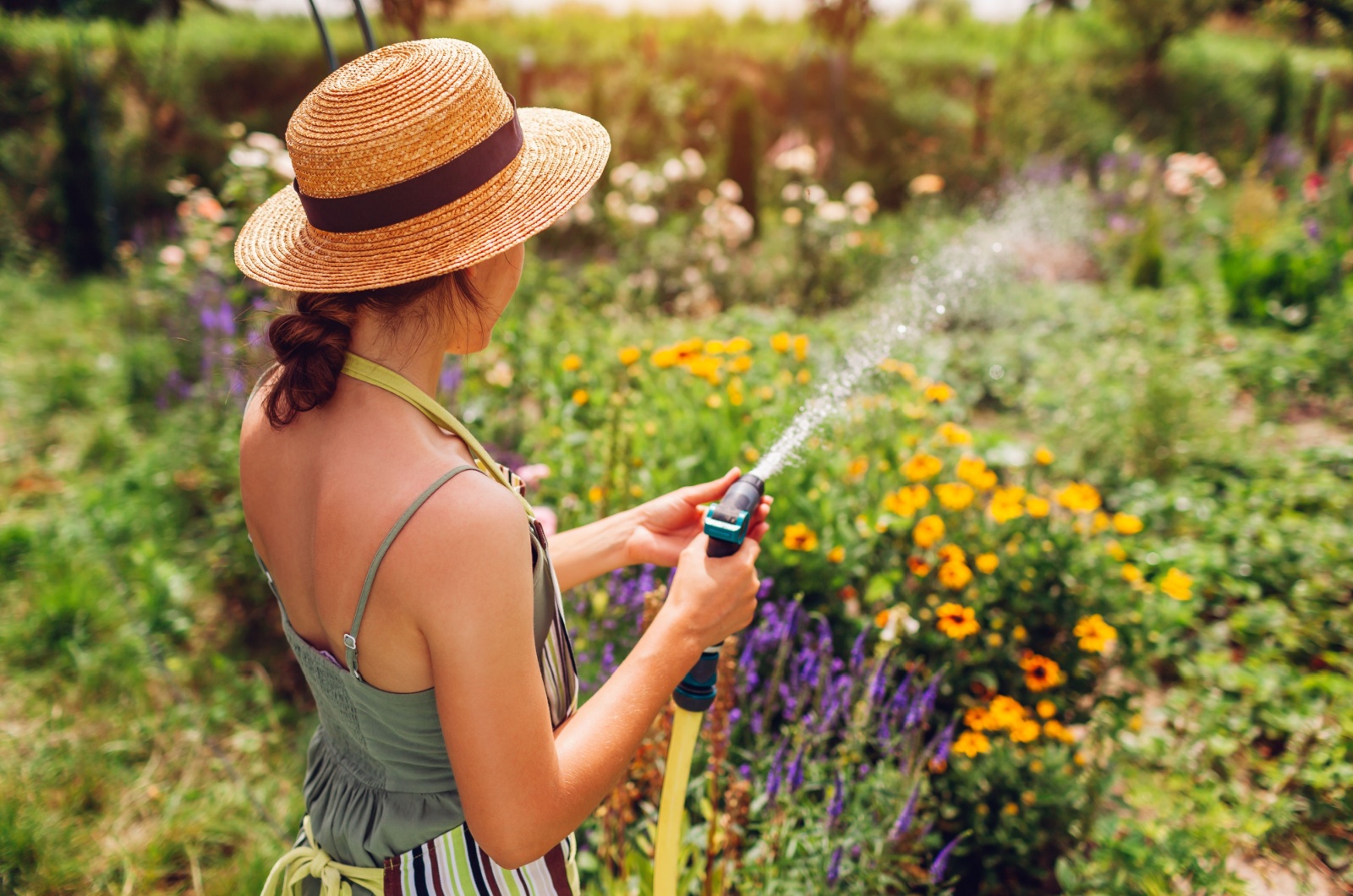
One of the most important factors in maintaining a sustainable garden is using water in a smart way! You should avoid wasting water in the garden, especially as summers get hotter and there is a possibility that your area might experience drought.
Start by saving water with mulching, which will help your plants stay hydrated for a longer time! Also, watering early in the morning is perfect because that’s when plants retain all the moisture without it evaporating.
You can also try planting drought-resistant flowers such as lavender, nepeta, cistus, sedum, verbascum, and eryngium!
Strong Chemicals For Repelling Pests Are Out Of Style, Try This Instead
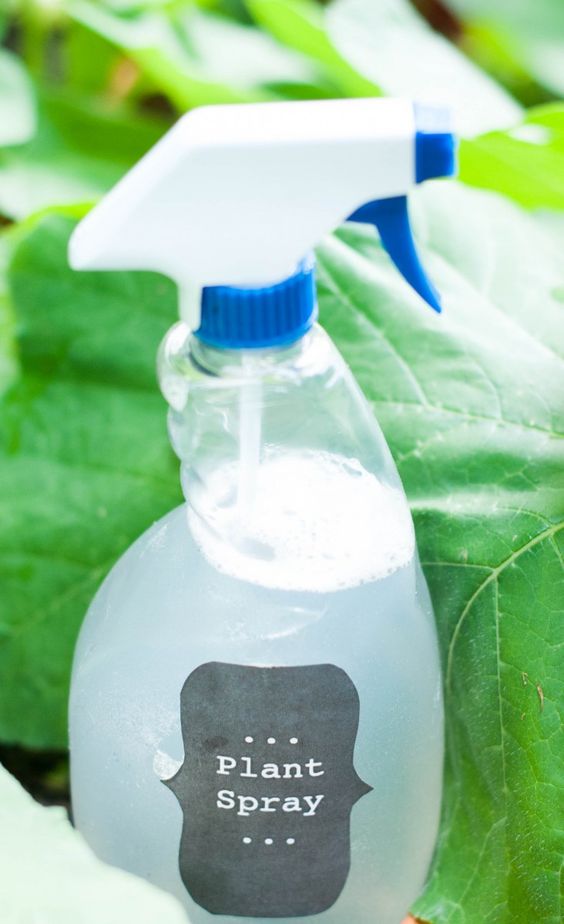
Using strong chemicals for pests is a big no-no! They can do more harm than good and be dangerous for plants, your health, and even pets! That’s why you should turn to natural repellents that you can find in your garden.
You probably have garlic at home, so you can pick a few cloves, make a spray, and drive all the pests away. Besides this amazing vegetable, you can try planting rosemary and marigolds near plants that are under pest attack.
Not only will you protect your crops from pests, but you’ll also make your garden smell like perfume thanks to these two plants! It’s a win-win!
Build A Pond To Attract Beneficial Wildlife
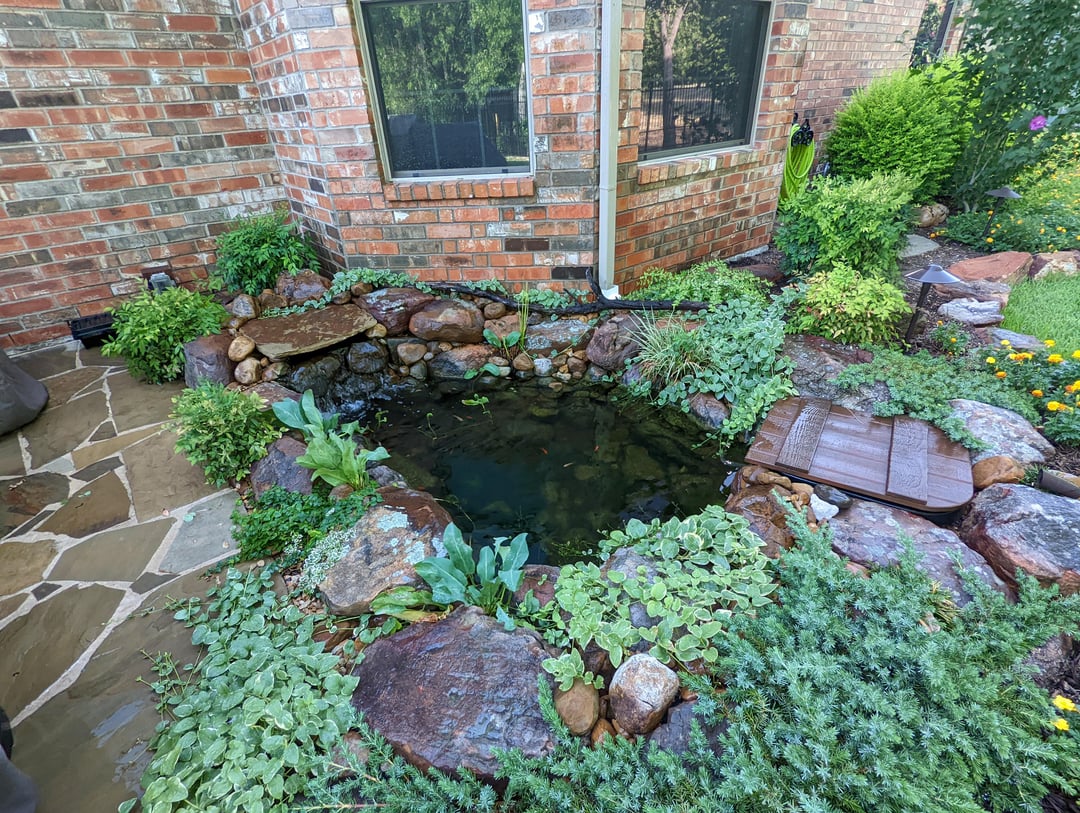
If you want to attract beneficial wildlife, then start digging a pond! It will become the prettiest part of your garden, especially if you add a flower bed around it.
After a few days, you’ll start seeing ladybugs, beetles, frogs, and dragonflies enjoying your little pond. They are also great pest repellents, as these insects feed on pests. Because of them, your plants will be safe and thrive in your yard throughout the seasons!
There are so many free ways to keep your garden healthy! I couldn’t believe that these sustainable gardening tricks would be more effective than store-bought products. But boy, was I mistaken!
They actually turned out to be perfect for both my plants’ health and my own. There was no plastic around my garden or harsh chemicals that were a nightmare to apply to my crops.
Luckily, you discovered them just in time for the fall season, but you can also use them right after spring arrives. Now it’s your turn to make your garden eco-friendly and enjoy a new way of gardening!
Good luck!

